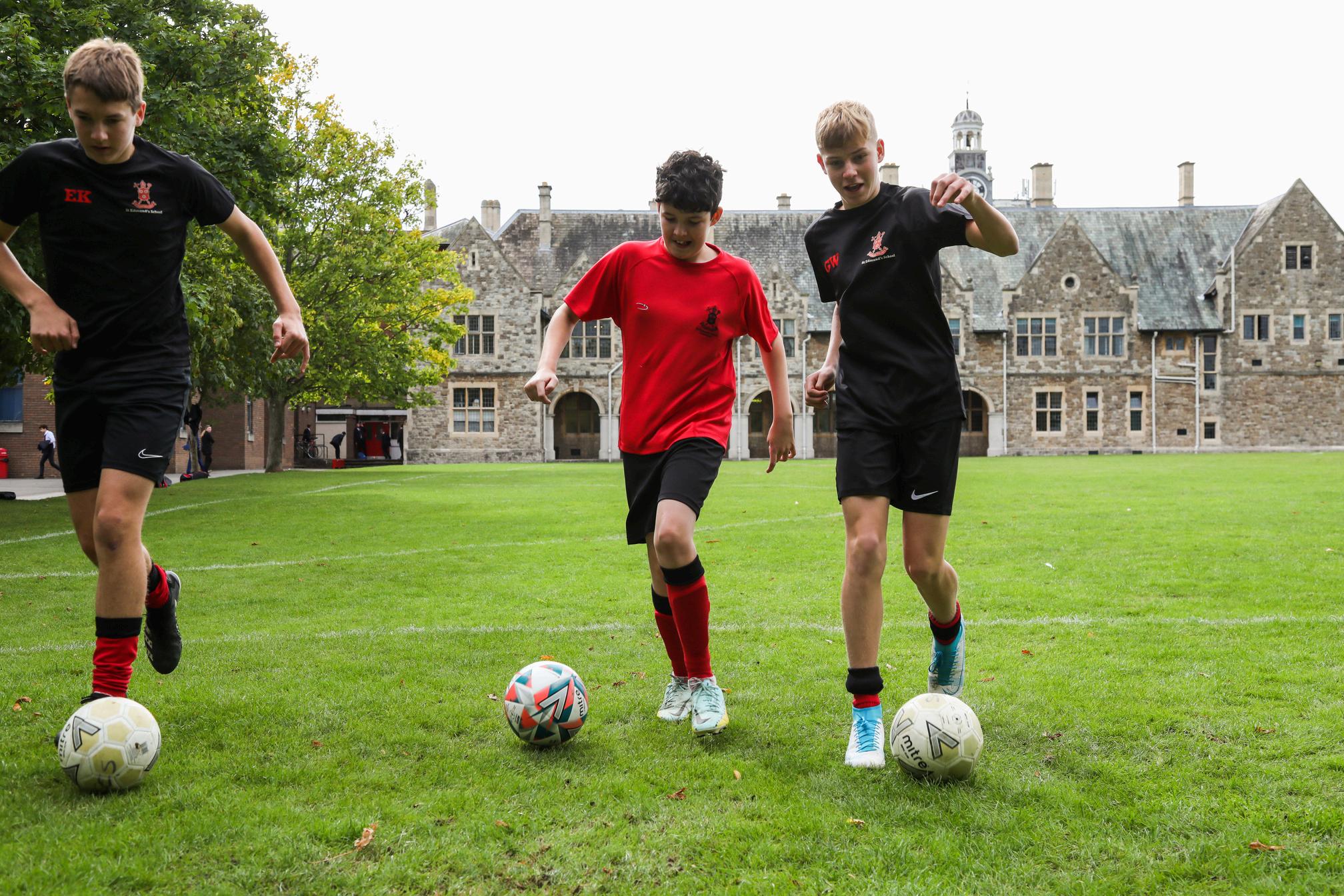





Class text - The Butterfly Lion by Michael Morpurgo.
Reading comprehension to develop; vocabulary, inference, prediction, explanation, retrieval and summarising.
Creative and extended writing to cover units: poetry, narratives, recount, diaries and fact files.
Weekly grammar, punctuation, spelling and handwriting lessons.
Weekly library sessions.
Through Inspire Scheme children will use concrete, pictorial and abstract methods to:
Add and subtract numbers to 10,000
Multiply numbers using regrouping and solve 1 and 2 step word problems
Divide numbers with and without remainders
Investigate the area of a space and rectilinear shapes
Word problem and reasoning tasks


Identify common appliances that run on electricity. and understand how to keep safe around electricity
Explore, investigate and construct simple series electrical circuits

Plan, take part in and record results and conclusions in investigations
How has the past shaped the present?
Place significant events on a timeline and use primary sources to investigate life in the past.
TO EAST KENT PLOUGHING MATCH AND BIGBURY HILLFORT and VISIT TO BIGBURY HILLFORT
Use maps to identify rural and urban land use and food production in the UK (from farm to table)
Visit to East Kent Ploughing match (fieldwork skills)
Explore and identify map symbols (using Ordnance Survey maps) and locate counties and cities of the UK using compass and grid references.
To learn about the life and works of Frida Kahlo and Alberto Giacometti considering tech velopment of their art

Explore new techniques and skills (including use of pencil, charcoal, watercolour, collage, mixed media, sculpture).
Celtic Houses project
Design and make own Celtic house
Evaluate strength of finished design
Hands:
Gymnastics: Balances, transition, mirroring and matching, creating routines
Basketball: Passing, dribbling, shooting
Head:
Knowledge/Understanding/Analysis/Feedback/Responsibility/Rules
Heart:
Communication/Leadership/Respect/Resilience/Effort/Confidence
Hands:
Passing, shooting, dribbling, positional play, attacking and defensive principles, pressing.
Head:
Knowledge/Understanding/Analysis/Feedback Responsibility/ Rules
Heart:
Communication/Leadership/Respect/Resilience/Effort/Confidence
Hands:
Gymnastics: Balances, transition, mirroring and matching, creating routines
Football: Passing, dribbling, shooting, positional play
Head:
Knowledge/Understanding/Analysis/Feedback/Responsibility/Rules
Heart:
Communication / Leadership / Respect / Resilience / Effort /Confidence
Hands:
Passing, shooting, dribbling, positional play, attacking and defensive principles, pressing
Head:
Knowledge / Understanding / Analysis / Feedback Responsibility / Rules
Heart:
Communication / Leadership / Respect / Resilience / Effort / Confidence
Through the RSPB Wild Challenge, students will engage with the natural environment by: Learning, Exploring and Protecting

Scavenger Hunt: Discovering and becoming familiar with the local environment through exploration
Pond Dipping: Exploring aquatic life with the Kentish Stour
Earth Windows: Capturing natures tiny wonders
Bees and Butterflies: Assist with a citizen science survey
Bioaccumulation: Learning about personal contribution to global warming
Bird Boxes: Offering secure nesting sites, enhancing the health of the local ecosystem



Introductory games; following direction, working as part of an ensemble, focus of attention, direction of energy, physicality, quick thinking, teamwork
Improvisation
Exploration of character
Use of props
More advanced script work
Devising
Exploration of physicality


Havetwocontrastingrhythmsbeingplayedtogether.
Have a complete piece of music with four different layers with an appropriate structure.
Sing in tune and in harmony with others, with developing breath control.
Explain how a piece of music makes them feel with some use of musical terminology. Perform a vocal ostinato in time. Listen to other members of their group as they perform.
Create an ostinato and represent it on paper so that they can remember it.
Create and perform a piece with a variety of ostinatos.
This term, we will continue our journey into Spanish through videos, songs, interactive games, and arts & crafts.
We will focus on the following topics:
Greetings – Can I greet someone, ask how they are, and say my name?
Numbers – Can I count to ten and tell someone my age?
Alphabet – Can I learn the Spanish alphabet and use it to spell my name?
Phonics – Can I recognise Spanish words from their sounds?
Colours – Can I learn the names of common colours?
We will also explore Spanish culture through important events such as:
El Día de los Muertos (October)
La Navidad (December)
Explore and make decisions about money dilemas and identify value for money. Make and explain moral decisions. Identifying how to be a good friend or a good neighbour.
Learn about the value of friendship and the challenges they can face.
Explore compassion in the context of animals.


inspiring?
Identify and explore the different reasons why Jesus is considered an inspiring figure by Christians – and by many other people too.